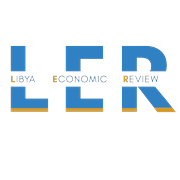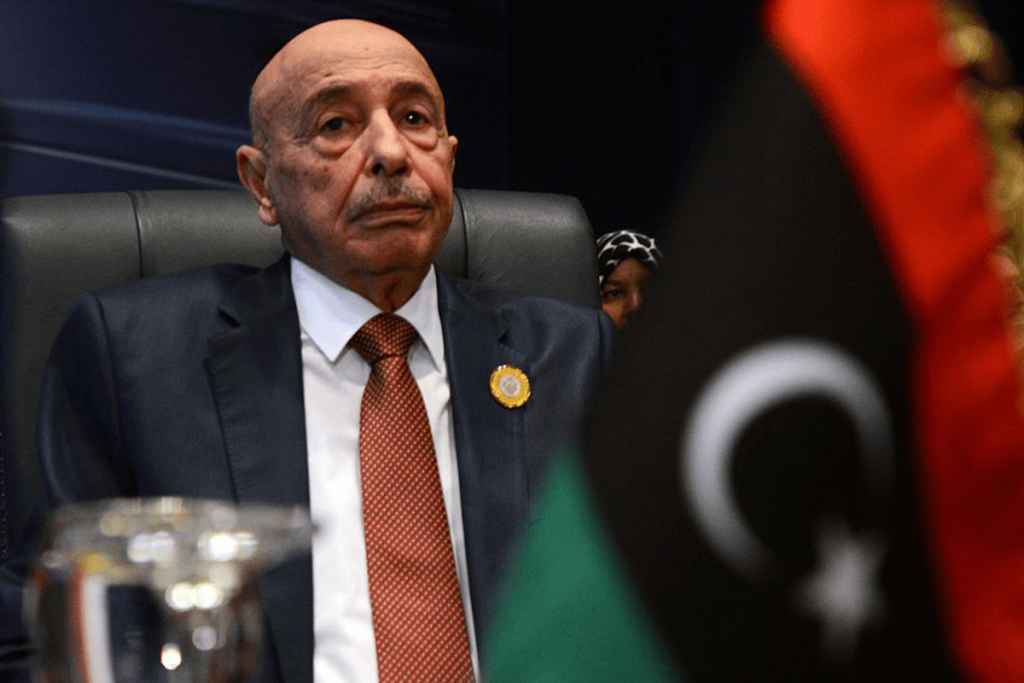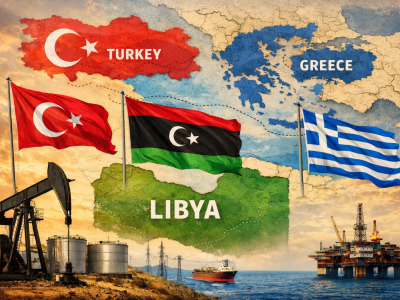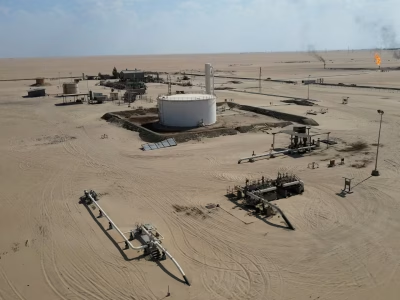Libya Unity Government Push: Parliament Sessions, Election Stalemates, and Rising Public Frustration
Libya remains politically divided between rival administrations in the east and west. In late May, the Speaker of the eastern-based House of Representatives (HoR), Aguila Saleh, renewed calls to form a single interim government to oversee long-delayed national elections, insisting that Tripoli Prime Minister Abdul Hamid Dbeibah should step aside. Saleh urged lawmakers to expedite unifying state institutions, arguing Libya “requires a single, unified government accepted by all” as a prerequisite for credible elections. He warned that further delays in replacing the current authorities could lead to “chaos and threats to Libya’s unity” and appealed for support from the United Nations mission and international partners.
Acting on Saleh’s proposal, the HoR convened a session in Benghazi to interview candidates for a new prime minister. Saleh announced that the parliament would soon vote to select a replacement premier and even invited United Nations Support Mission in Libya (UNSMIL) representatives and foreign diplomats to observe the proceeding. Twelve candidates were shortlisted to lead the would-be unity government, and the HoR heard presentations from several of them in a public session chaired by Saleh. The Tripoli-based Government of National Unity (GNU) denounced this unilateral move as illegitimate and refused to recognize any outcome. After armed clashes erupted in the capital around the same time, Saleh bluntly warned that Dbeibah must leave office “voluntarily or by force,” further heightening the political standoff.
Stalled Elections and Ongoing Divisions
Saleh’s initiative reflects the enduring institutional split that has plagued Libya for over a decade. The country has been effectively split between rival administrations since 2014, following years of turmoil after the 2011 uprising that toppled Muammar Gaddafi. Dbeibah’s unity government was installed in early 2021 through a UN-backed peace process with a mandate to organize elections by the end of that year. However, the national elections scheduled for December 2021 collapsed at the last minute amid disputes over electoral laws and candidate eligibility, leaving the transitional GNU in power beyond its intended term. The eastern-based HoR, allied with General Khalifa Haftar’s Libyan National Army (LNA), refused to recognize Dbeibah’s government once the vote was postponed and instead appointed its own “parallel” administration in the east.
Efforts to resolve Libya’s leadership dispute have repeatedly stalled. Elections that were slated for 2021 remain indefinitely postponed after Libyan stakeholders failed to agree on a constitutional and legal basis for the vote. The HoR argues that Dbeibah’s mandate expired when the elections were cancelled, and it has attempted multiple times to install a new government in his stead. (Tripoli’s Prime Minister quipped that Saleh has opened the door for new governments “for the tenth time in an imaginary path” aimed at prolonging the transition). A previous bid in 2022 to seat an alternative prime minister floundered amid factional resistance, leaving the country stuck with dueling administrations. Deep divisions persist between Libya’s parties, and a fragile economic situation has only further confounded efforts to reach a lasting political settlement.
Public Frustration and the Road Ahead
Ordinary Libyans are increasingly weary of their leaders’ infighting as living conditions stagnate. In May this year, heavy fighting between rival militia factions in Tripoli killed civilians and underscored the government’s weakness in controlling armed groups. The violence triggered a wave of public protests in the capital, where thousands demanded an end to militia clashes and better services from the GNU. Facing mounting anger, Dbeibah reshuffled his cabinet, and three ministers resigned under public pressure during the unrest. Many Libyans remain skeptical that any side is negotiating in good faith, believing that entrenched politicians are reluctant to hold elections that could strip them of power.
The United Nations and international partners continue to push for a compromise. UNSMIL convened an advisory committee this year that proposed options to break the deadlock over election rules and “unify state institutions” as steps toward ending the cycle of transitional governments. However, as of late 2025, Libya’s rival factions have yet to agree on a formula for new elections or a unity government. The UN’s Special Representative has urged Libya’s leaders to “hear the people’s aspiration for peace, stability, economic development, and a responsive leadership”, warning that the status quo is unsustainable. For now, the timeline for Libya’s long-promised elections remains uncertain – and the risk of further instability will persist unless the country’s divided leaders reach a consensus on the way forward.




